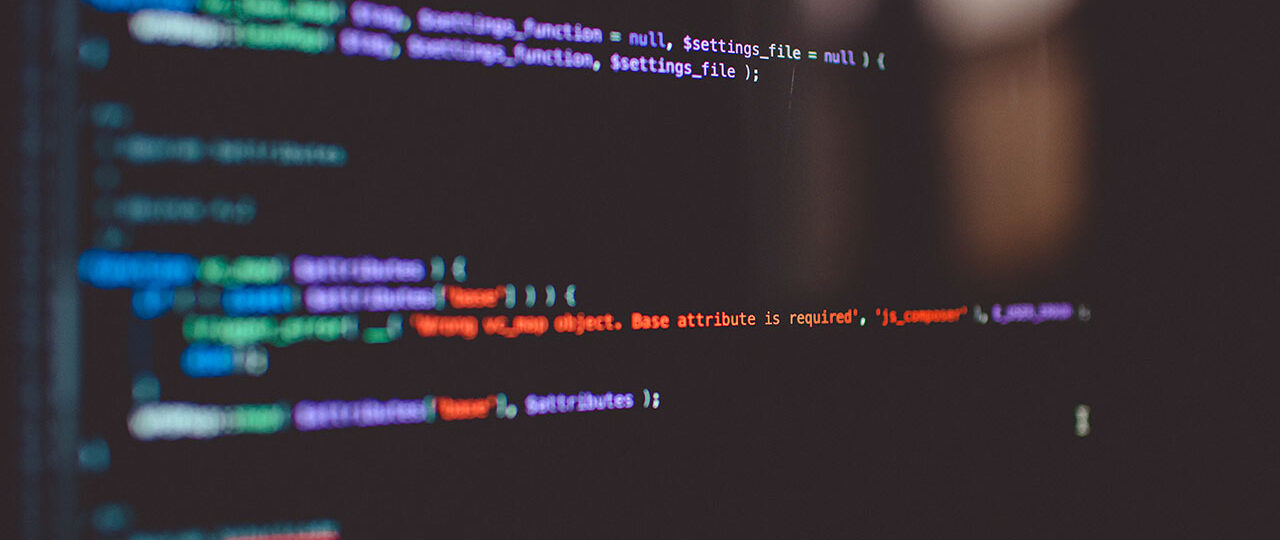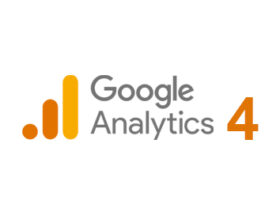ICANN requires those registering a domain to give registrars current personal data such as name and contact number, which they must publicly display. Furthermore, the WHOis directory is a widely used database of registered domains.
One can use it to search for domain details, such as owners and their contact details, domain purchase dates, expiry dates, and more. This type of information is essential should a problem arise regarding a domain, such as ownership confirmation.
Therefore, ICANN requires it to be made public. However, this public sharing has drawbacks, primarily that anybody, including unsolicited marketers, spammers, hackers, and domain hijackers, can find your information online and use it as they please. Therefore, many domain name registrars offer a domain privacy service at a fee to keep names and personal details private.
The General Data Protection Regulation (GDPR) law protects the PII of people in the EU. The GDPR’s ruleset determines how personal data is stored, used, and collected.
However, there is still the issue of onward sharing. Even if a customer’s information is protected (redacted), registrars can but are not obligated to extend redaction to other domain customers unless explicitly forbidden by a registry. Obtaining a proxy or privacy service can counteract onward sharing but not eliminate it.
The Pros and Cons of Domain Name Privacy
At this point, let’s take a closer look at what you stand to gain or lose when you opt for domain name privacy, rather than sharing your information openly.
Pros:
- You protect your personal contact information since all identifying details will be replaced by the domain registrar.
- You’ll avoid some spam (meaning less work for your spam filters) and attempted scams.
- You can mitigate the risk of having your site hacked (and your customers’ details compromised) or hijacked completely.
Cons:
- You are sometimes charged a premium for this service, which can be anywhere between $10 to $30 (in addition to usual domain hosting fees).
- You risk creating a false sense of security. Your protection is still not 100% guaranteed, as disreputable companies may sell your personal information.
- Ownership of your domain name is less legitimate. The entity whose details is listed in the WHOIS database for a domain is considered its legal owner.





